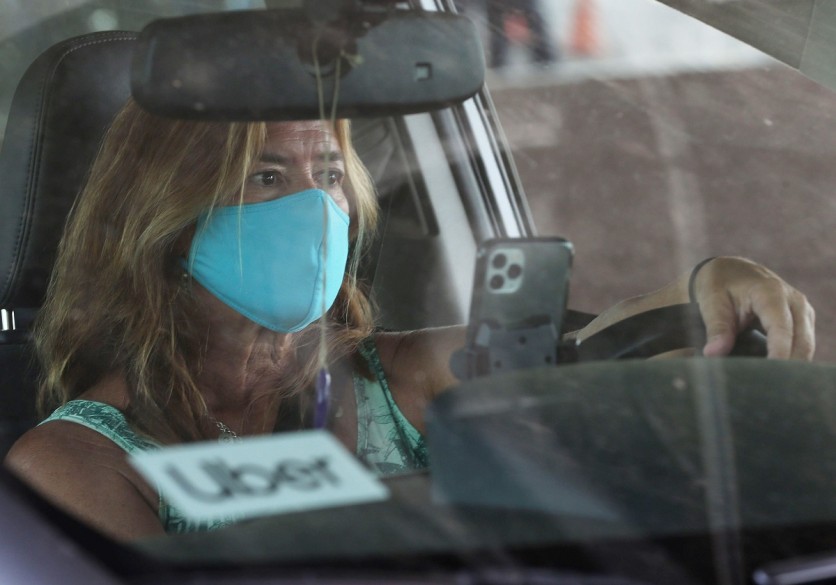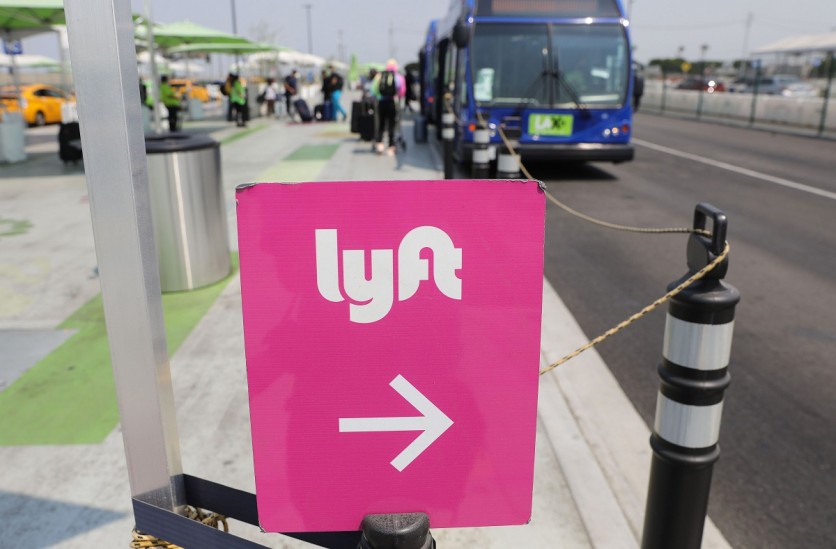Ride-hailing giants Uber and Lyft as well as delivery service DoorDash came victorious after California voters approved Proposition 22, which could have reshaped the nation's labor laws. With 94.1% election results shown in the California Secretary of State's Office website, the Proposition 22 polling turned out clear results as it got 58.4% support.
The proposition would exempt the app-based companies from California Assembly Bill 5 (AB5) or the gig worker bill, which took effect in January after it was signed into law in September 2019. It would force these companies to employ drivers and pay for their unemployment insurance, health care, and other employment benefits.

Proposition 22: The most expensive in California's history
According to the New York Times, Uber, Lyft, and the delivery service DoorDash spent $200 million to carry the initiative as it was hailed as the most expensive in California's history. The voting absolves Uber and Lyft from the regulatory battle against state lawmakers and labor groups.
For supporting Uber and Lyft, Californians dismissed the AB5 law and the principles provided in a 2018 state Supreme Court ruling that stated workers performing tasks in the company's regular business must be regarded as employees. Proposition 22 exempts gig workers from these regulations, so they remain to be independent workers.
"California has spoken," Prop. 22 campaign spokesman Geoff Vetter said in a press statement adding that the proposition represents the future of employment as the economy becomes increasingly technologically-driven.
Stock market celebrates Uber, Lyft California victory
Following the success in voting, Bloomberg reported that Uber and Lyft stocks soared in pre-market trade by more than 14%. Venture capitalist Bradley Tusk who advised Uber in its early years said that last 14 months have been California's "most critical" period on this matter.

Uber CEO Dara Khosrowshahi thanked the drivers in an email stating that the future of independent work is more secure after numerous drivers have spoken up. He vowed to roll out the new benefits as promised by the proposition "as soon as possible."
Uber, Lyft, and other gig economy businesses are likely to pursue federal legislation to formalize the gig work in the US labor laws.
Read also : [UPDATE] Uber's CTO Steps Down; 5,400 Employees Might Lose Their Jobs Because of 20% Layoffs
Bitter loss
The passage of Proposition 22 is a bitter loss on labor groups as well as lawmakers who pushed to make the ride-hailing companies follow the labor rules.
California Assemblymember Lorena Gonzalez who wrote California's new labor law noted that Uber and Lyft have been neglecting not just the state's labor laws, "but every law in the book." Gonzales' bill has since taken effect as a law in January, but Uber and Lyft continued to treat their drivers as independent contractors.
However, many local officials believed the state has been too gentle in regulating Uber and Lyft and naive on the power of these ride-hailing companies. "For all too long, Uber and Lyft banked on the timidity of public officials throughout the country," said San Francisco City Attorney Dennis Herrera as reported by the New York Times. The litigation on the case he filed together with the state attorney general and city attorneys of Los Angeles and San Diego against Uber and Lyft to force them to employ their drivers is still ongoing.
Uber and Lyft threatened to shut down their businesses in California, instead of complying with the law as the court-ordered them. They appealed to the court, which gave them months to comply with the order. They then spent $200 million as they vowed to fight in ballots, which led to Proposition 22.
This is owned by Tech Times
Written by CJ Robles
ⓒ 2025 TECHTIMES.com All rights reserved. Do not reproduce without permission.




